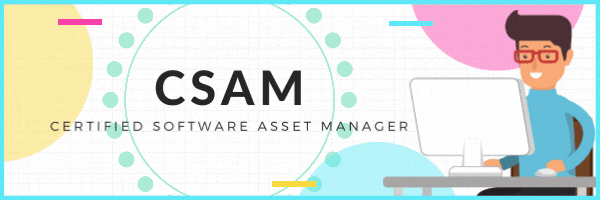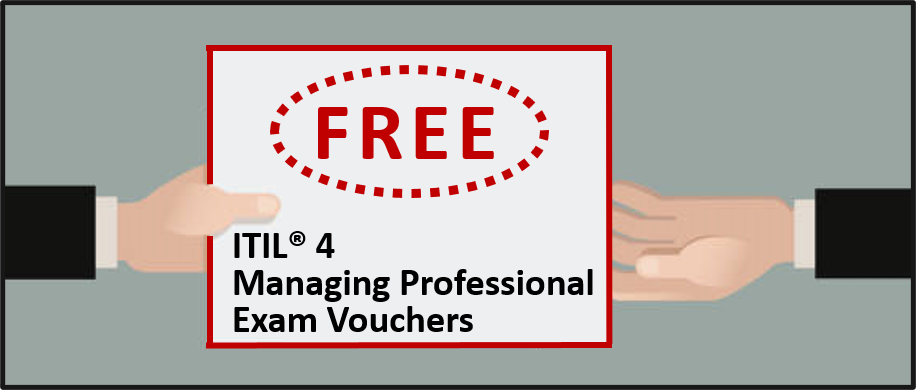Get a bundle with ALL four ITIL 4 Managing Professional courses for one low price!
Introducing the ITIL 4 Managing Professional Pass. Everything you need to fast-track and achieve the highly regarded ITIL 4 Managing Professional designation at the best possible price, in the easiest possible way.
How the Pass Works:
The pass give you lifetime access to the online self-paced courses and full instructor support. Just like in the classroom, only better! Courses are very comprehensive and detailed and can be taken online, anywhere, anytime.
- The cost is $2,495 for all four courses – that’s a savings of 38% off regular fees!
- Lifetime Access – to all 4 Accredited, comprehensive & detailed courses
- Official AXELOS Textbook – comes with every course
- PeopleCert Exam Voucher included – one per course
- Instructor Q&A – Ask the instructor questions while you take the classes
The Pass Includes:
- ITIL 4 Specialist – Create, Deliver & Support
- ITIL 4 Specialist – Drive, Stakeholder Value
- ITIL 4 Specialist – High Velocity IT
- ITIL 4 Strategist – Direct, Plan & Improve
Click on the course title to get full course details.
Prerequisites
The ITIL 4 Foundation exam is a prerequisite for all Managing Professional courses. There is no prerequisite for the ITIL 4 Foundation course/exam. Need Foundation certification? Select the package Foundation + MP package below.
Exam & Certifications
One PeopleCert Exam Voucher is included with every course in the package. You can add a Take2, PeopleCert Retake to the MP Package for $356.
Shopping Cart
Select the Purchase Option that’s right for you. If you would like to have a second exam option, then be sure to add the PeopleCert Retake package to your shopping cart.
ITIL 4 Managing Professional Pass – $2,495
ITIL 4 Foundation & Managing Professional Pass – $2,995
Add PeopleCert Retake Package – $356
If you have any questions, or we can help in any way, Contact Us by Email or call us at 877.546.4446.











